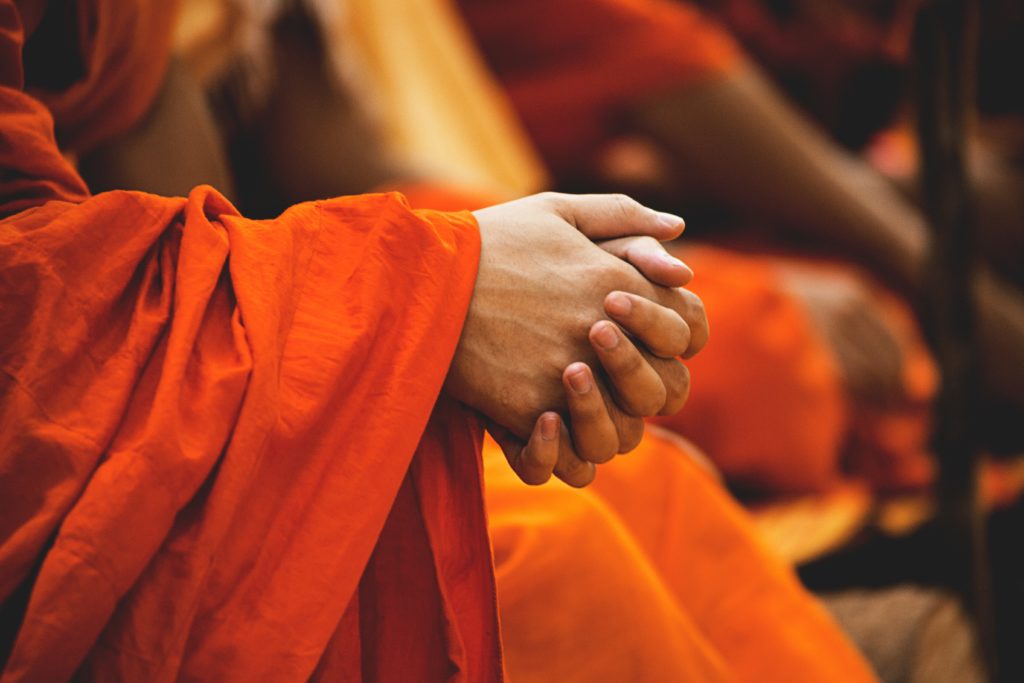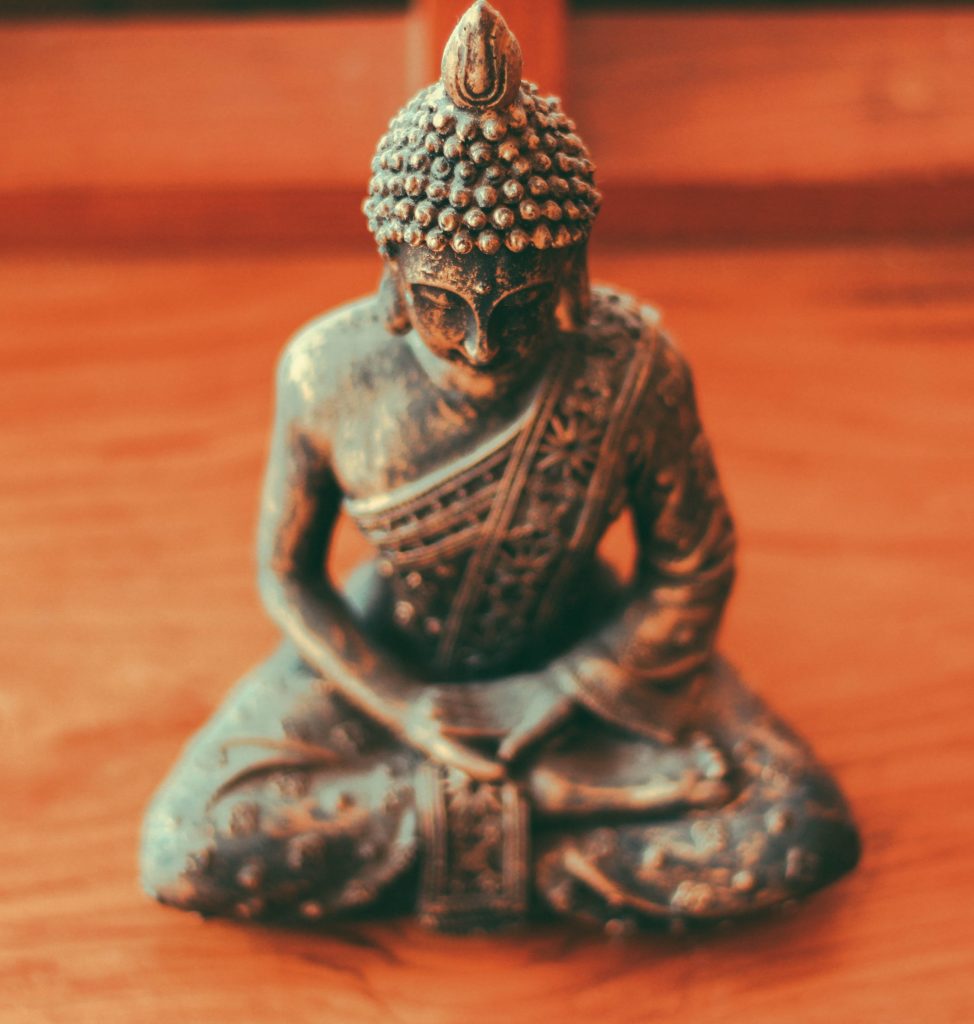 “FLEE IDOLATRY!” That is the banner over the rest of this Scripture passage. Anything that you are tempted to elevate above God Himself can be an idol – your relationship to this thing or person can become idolatry. Idolatry is to be escaped like a python on the loose.
“FLEE IDOLATRY!” That is the banner over the rest of this Scripture passage. Anything that you are tempted to elevate above God Himself can be an idol – your relationship to this thing or person can become idolatry. Idolatry is to be escaped like a python on the loose.
To understand what Paul is about to lay out, we have to understand ancient Corinthian culture. The Christians in Corinth were surrounded by many pagan temples, and in these temples, people offered animal sacrifices to idols. Through this sacrificial process, the priests would butcher the meat and the worshipers could either use it for a big worship feast or sell it in meat markets near the temples.
Now the Corinthian Christians had been saved through Jesus Christ, and they knew that the idols were really nothing and the meat was really neutral and okay to eat. But some of the new Christians were torn up in their conscience about this because just recently they were doing this pagan worship. They felt that it was a sin to eat idol meat.
They didn’t know what to do about this, and so they wrote to Paul. And he devoted several chapters to helping them think through this issue (see the sermon podcasts for August 13 and 20 of last year. No recaps are available).
Not Just Observers
The first major point that Paul makes in 1 Corinthians 10:14-22 is this: to consume the elements of worship is to participate in the object of worship. This is found in verse 16:
The cup of blessing that we bless, is it not a participation in the blood of Christ? The bread we break, is it not a participation in the body of Christ?
This refers to Communion. As Christians, we know that the bread and the cup – the elements of Communion – do not just remind us of what happened to Jesus, they are a participation in what happened. They aren’t just symbols. And we aren’t just observers when we partake in Communion, we are participants in the blood and the body of Christ.
When we eat that bread and drink that cup as Christians, we look beyond the elements to the reality behind them: Jesus Christ’s death on our behalf. His death is our death, His resurrection is our resurrection, His payment for sin is our payment for sin. So we are not observers but participants in these realities.
 This is how dedicated acts of worship work. There is nothing magical in the bread or the cup. What is significant are the spiritual realities behind them when we partake of them in worship. When we use something physical to worship, it gets us close and involved in what we are worshiping.
This is how dedicated acts of worship work. There is nothing magical in the bread or the cup. What is significant are the spiritual realities behind them when we partake of them in worship. When we use something physical to worship, it gets us close and involved in what we are worshiping.
What’s Behind the Idol Meat
In verses 19-20, Paul makes the point that it’s not about the idols or the food, it’s about what is behind them. Idols are nothing; they are inanimate and neutral. There is nothing dangerous about a wooden object. But, if you came to believe that the object was a representative of an actual spiritual force and began to worship it, then it becomes more than just a piece of wood: it becomes a conduit to the demonic.
Just as Communion is a participation in Christ, idol worship is a participation in demons. There was nothing wrong with eating the idol meat; there was nothing scary or dangerous about it. Even the idols themselves were nothing, but the problem was, when pagans were gathered around the idol, you can be guaranteed there was a demonic presence there.
Idol meat is not dangerous for Christians. What is dangerous is that casual participation in idol stuff can easily lead to idolatry. Idolatry is serious because it is fellowship with the demonic, and Christians “cannot drink the cup of the Lord and the cup of demons” (v. 21).
Flee and Cling
The applications for us are plain and simple:
Flee from idolatry. Idolatry is elevating something or someone and making it a higher priority than God. We often have subtle idolatries like sports, citizenship, career, family, success – things that are generally good can rise to the level of idolatry. But we also have modern examples of pagan worship in our culture, from other religions to new-aged spirituality to the occult. There is nothing wrong with doing yoga, for instance; but it has pagan roots, and what is wrong is seeking peace, power, and pleasure in it apart from God.
Cling to Christ. We are tempted to be aloof toward spiritual things, thinking we are distant observers or impersonal spectators. But we are called into participation and fellowship in the realities of Jesus Christ – close, personal, intimate relationship with Him. In Christ, we have all the peace, power, and pleasure that we could ever want.
Discussion Starters (Based on 1 Corinthians 10:14-22)
- What stands out to you in the text?
- How does the Bible define idols and idol worship?
- What is Paul’s point in verse 16?
- Since idol meat was meaningless, why was it dangerous for Corinthian Christians to eat it?
- Is there anything in your life that could easily become a higher priority than God?
- What are some forms of subtle idolatry?
- Are there any idols in your life?
- How do we flee idolatry?
- What should our attitude be toward spiritual things?
- Are you a participant in the realities of Jesus Christ, or just an observer?






